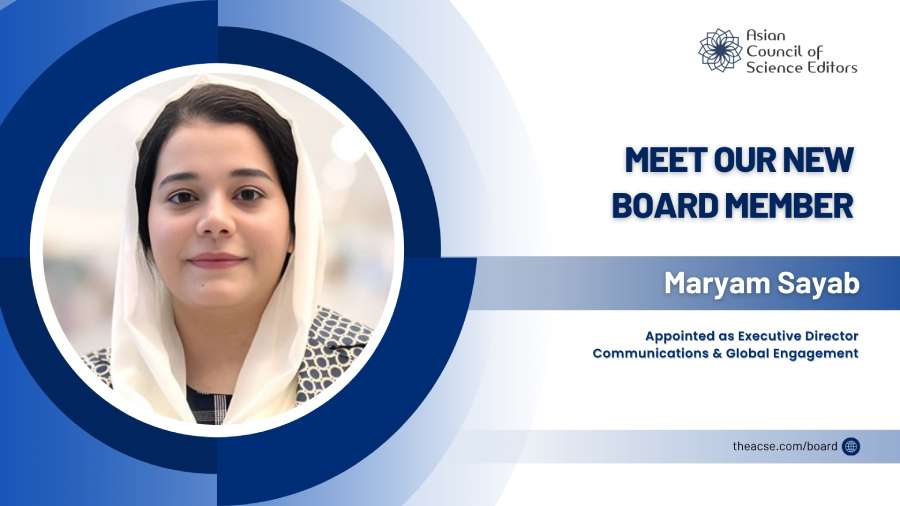Research International Collaboration: Obstacles and Solutions Strategies

The world today needs academic strategies for international research collaboration to address complex global issues that require collective efforts, particularly in fields such as climate and health research. To enhance international research cooperation, several innovative approaches have been suggested. Establishing multinational research centers can facilitate collaboration across borders, while creating joint funding mechanisms for major research projects ensures shared resources and investment. Launching digital platforms helps streamline communication and enables seamless partnerships. Expanding international research exchange programs fosters cross-cultural understanding and knowledge-sharing, and developing open data protocols enhances transparency and accessibility. Encouraging collaboration between the private sector and academia bridges gaps in expertise and funding. Strengthening cooperation between developing and developed countries reduces disparities and builds capacity, while specialized international conferences serve as critical platforms for knowledge exchange and networking. Governments play a pivotal role by supporting research initiatives through favorable policies and funding. Finally, global research coordination committees can align goals and ensure efficient use of resources.
Political relations between countries play a significant role in limiting international research collaboration. Geopolitical factors such as tensions between nations, restrictions on access to technology and data, economic and political sanctions, national policies prioritizing self-reliance, technological and economic competition, and social and political pressures all directly influence academic and scientific cooperation. Despite these challenges, fields such as climate change research, public health, and space exploration continue to benefit from international collaboration. By mitigating the impact of political and geopolitical tensions through strategic planning, the scientific community and the world at large can benefit significantly.
There is evidence to suggest that international research partnerships have declined significantly compared to several years ago. This decline is attributed to various factors, including geopolitical tensions, restrictive domestic policies, economic shifts, evolving research priorities, increased competition in specific areas, challenges posed by serious diseases, and travel restrictions. While some areas maintain collaborative efforts, many international partnerships face significant challenges that require innovative approaches prioritizing inclusivity, trust-building, and adaptability to emerging global needs.
Strategic Solutions for Enhancing Collaboration
To overcome these challenges and foster international research partnerships, several strategies can be adopted:
- Establishing clear objectives and priorities to guide partnerships effectively.
- Enhancing communication and coordination to streamline efforts across borders.
- Fostering trust and understanding among stakeholders to build mutual respect.
- Promoting inclusive funding mechanisms to ensure equitable resource allocation.
- Leveraging technology to enable seamless collaboration.
- Strengthening institutional partnerships to support long-term research goals.
- Addressing geopolitical barriers through diplomatic dialogue and cooperation.
- Evaluating and adapting strategies regularly to remain effective in changing circumstances.
- Engaging diverse stakeholders to represent varied perspectives.
- Building resilience against future challenges to ensure sustainability.
By implementing these strategies, countries can create a more effective and resilient framework for international research partnerships. A special emphasis on involving underrepresented regions and communities ensures equitable knowledge-sharing and capacity-building.
Developing a shared vision among nations and stakeholders is critical for addressing these challenges. By fostering collaboration across borders and disciplines, countries can leverage their collective expertise and resources to tackle complex global challenges. These strategies offer a roadmap for creating impactful solutions, driving innovation, and benefiting society as a whole.
Keywords
International Research Collaboration Global Challenges Climate and Health Research Multinational Research Centers Joint Funding Mechanisms Digital Platforms for Research Open Data Protocols Academic and Private Sector Collaboration Geopolitical Tensions in Research Inclusivity in Research Partnerships Trust-Building in Academia Research Exchange Programs Strategic Research Solutions Global Knowledge Sharing Equitable Resource AllocationDisclaimer
The views and opinions expressed in this article are those of the author(s) and do not necessarily reflect the official policy or position of their affiliated institutions, the Asian Council of Science Editors (ACSE), or the Editor’s Café editorial team.



